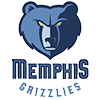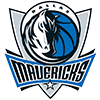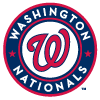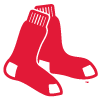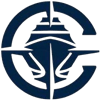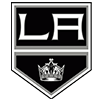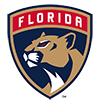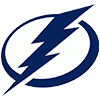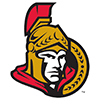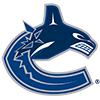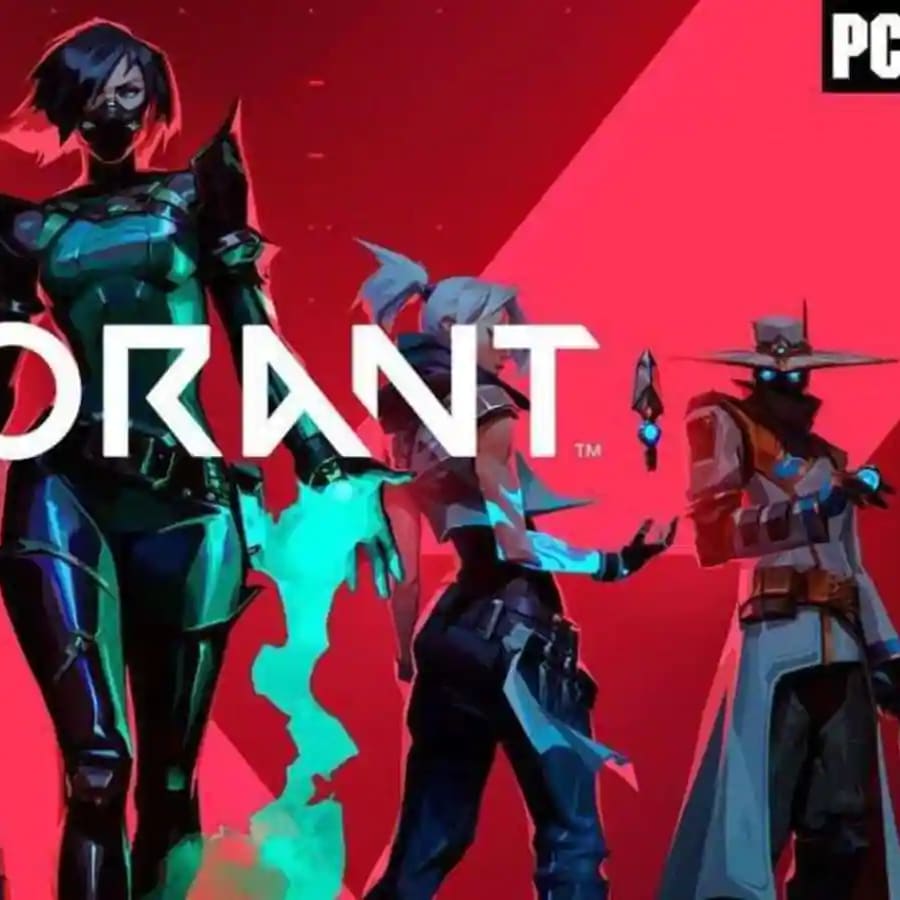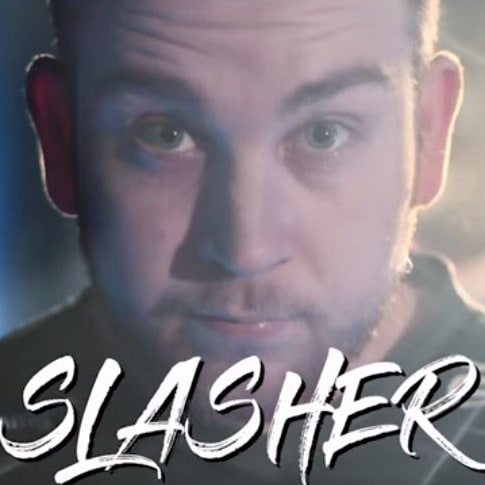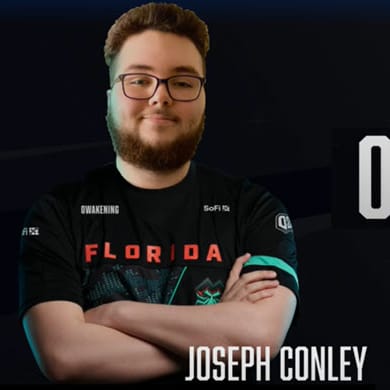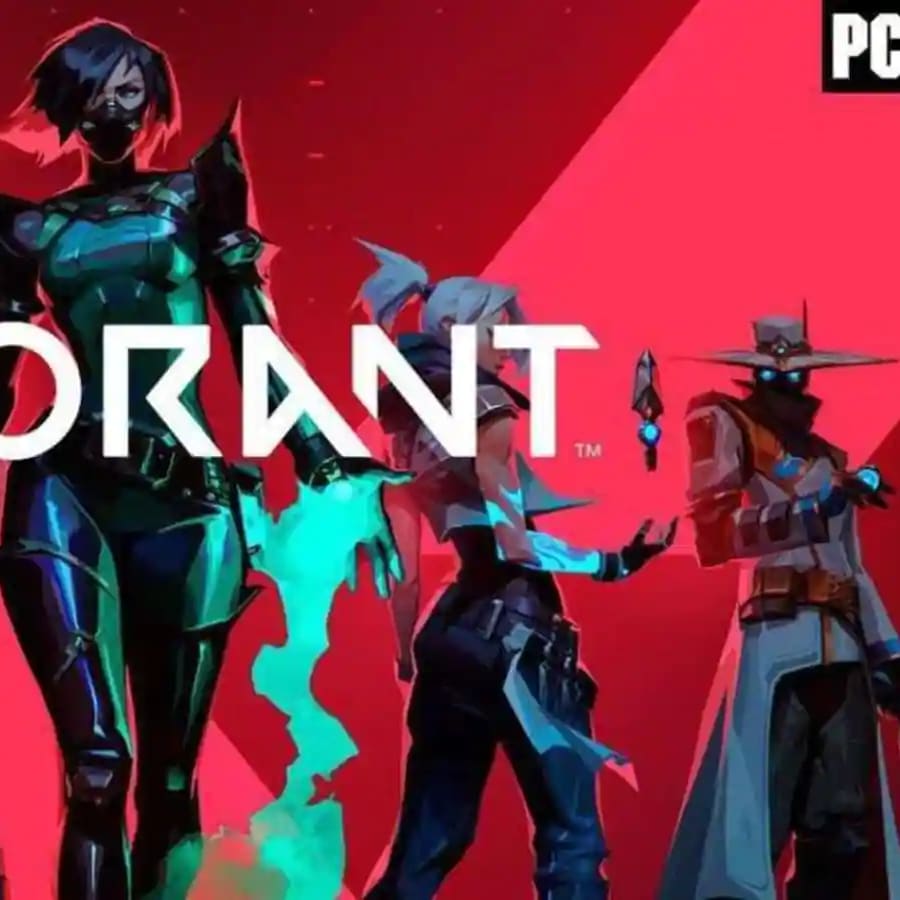On August 21, 2014 one of North America's top teams, ex-iBUYPOWER, played in what should have been an easy match. Despite ex-iBUYPOWER being heavily favored to win, the team was crushed 16-4 and rumors began to spread like wildfire, eventually reaching in-game leader Sam "DaZeD" Marine's front door about the possibility of purposefully losing the game, whom denied any interest in the match-fixing.
However, on January 16, 2015 screenshots of Shahzeb "ShahZam" Khan claiming the match was going to be fixed leaked onto the internet following former girlfriend of Derek "dboorN" Boorn, who was also involved in the match-fixing ring, posted more screenshots online in which confirmed the match-fixing scandal. The Daily Dot released new evidence, which cited multiple sources including CSGOLounge, where the betting scandal took place, ensured that the players threw the match in exchange for skins totaling a net worth upwards of $10,000 or more. Then, ten days later on January 26,2015, DaZeD, Braxton "swag" Pierce, Joshua "steel" Nissan and Keven "AZK" Lariviere were all handed life-time bans by Valve with immediate effect. ESL/ESEA, FACEIT and other leagues followed Valve's "Integrity and Fair Play" with a indefinite ban of their own following the statement by Valve:
"Professional players, their managers, and teams' organization staff, should under no circumstances gamble on CS:GO matches, associate with high volume CS:GO gamblers, or deliver information to other that might influence their CS:GO bets."
Since then, DaZeD and steel took part in streaming most of their time whereas swag became Cloud9's analysis and AZK switched careers when the highly anticipated Blizzard's Overwatch was released and he joined Team Liquid. While the members of ex-iBUYPOWER were banned, the community, despite everything that had occurred, reached out to ESL, FACEIT and Valve about their opinions whether the players should be unbanned or forever kept away from the professional competitive scene. Numerous petitions were created and signed by the masses of the CS:GO community to give the players a second chance, however, after sometime the leagues and Valve remained quiet.
More than two years later, on July 24, 2017, ESL announced that the indefinite match-fixing bans placed on the ex-iBUYPOWER members would be lifted based on ESL's decision to update its tournament rules in conformity with the suggestions from the Esports Integrity Coalition (ESIC), whom conducted a survey online with over 7,000 participants, who voiced their opinions about the appropriate sanctions regarding cheating, match-fixing and doping. The players who participated in ESL One Cologne sat down with ESL to discuss their views on the matter as part of the process. Now, the members of the ex-iBUYPOWER squad are set to be free agents and can now join a team or create one of their own.
Although this isn't a ban lifted by Valve themselves, the changes make an even bigger impact now that the community has made their claims to unban the players, which could potentially push Valve to do the same. Until then, DaZeD, swag, AZK and steel are still under the threshold of Valve, who has not yet lifted the ban from all Valve sponsored events, but in the meantime the players can participate in many online tournaments and or leagues. ESL will update the tournament rules and all ESL and ESEA events, from the ESL Pro League to IEM on August 1 to state that all preceding match-fixing bans will be lifted. The ESIC also noted a clear understanding of the rules put in place were not "transparent" by saying that the rules simply weren't clear to the players at the time, that there was no education on what they could and couldn't do, and the sanctions "did not comply with the principles of natural justice."
ESL Senior Vice President Ulrich Schulze made it clear that these bans will still be applied should ESL host a tournaments together with Valve, such as a Minor or Major. He also stated, "We believe that integrity and fair play are of the utmost importance in esports, and our updated catalogue of sanctions reflects that commitment".
Despite the fact that they players still can't play in a Major hosted by the ESL, this is still a huge win and could have profound implications on Valve's stance on the issue. This one's certainly not completely over yet, folks.







